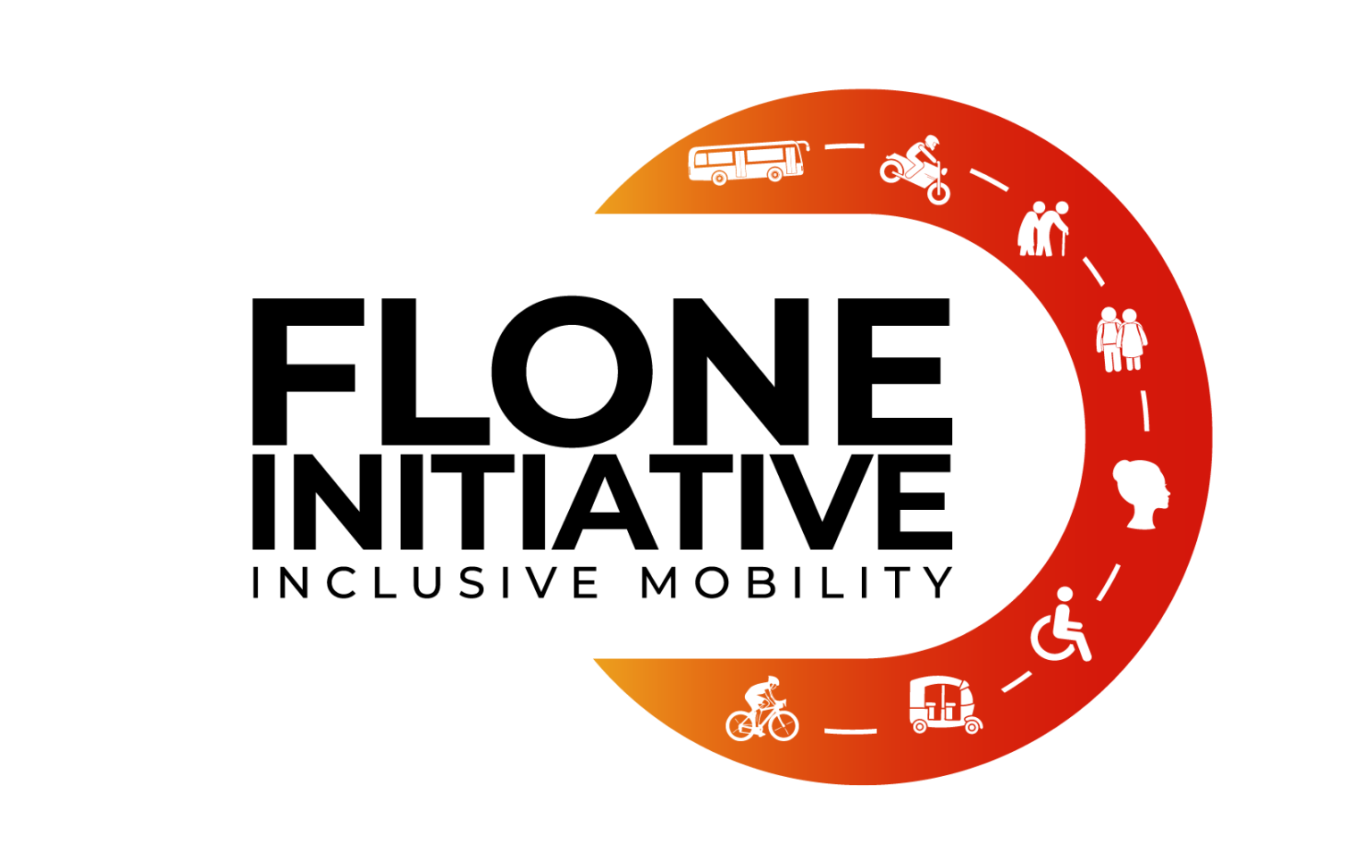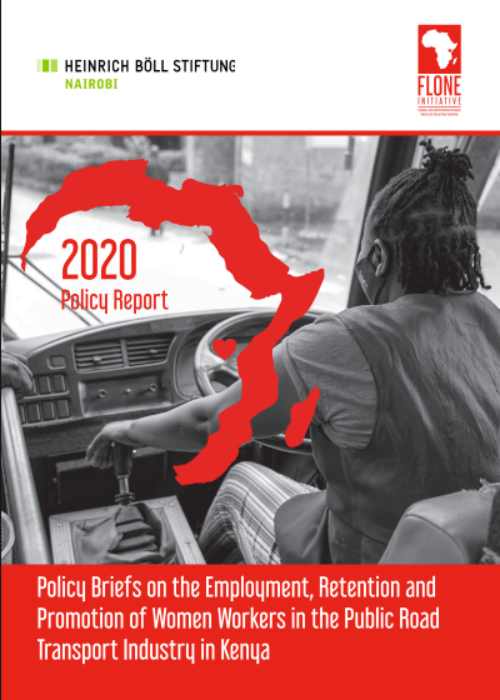Urban public road transport in Nairobi is largely informal and privately operated, predominantly by minibuses and vans known as matatus. These vehicles have capacities ranging from 14 to 33 passengers (Global Labour Institute Manchester 2019, 12). In 2018, the number of matatus in the city was estimated to be between 8,000 (Wright 2018, 39) and 10,000 (Global Labour Institute Manchester 2019, 12), transporting approximately 350,000 to 400,000 passengers daily (BRT line 1 feasibility study, 2018, 28).
The matatu sector includes various roles such as stage attendants, drivers, and conductors who collect fares and announce routes (Graeff n.d., 17). Additionally, there are informal roles including callers, touts, and security workers (Wright 2018, 39). Despite its informality, the sector employs around 160,000 people nationwide (Wright 2018, 32).
Historically, this industry has been predominantly male. According to the Flone Initiative Gender Equity Assessment Report, 2018, only 10% of public road transport workers are women, primarily working as conductors, drivers, stage attendants, and office administration staff. Women seeking employment in this industry face numerous barriers, including precarious working conditions, long hours, low pay, violence, sexual harassment, limited training, and denial of labor rights.
Women workers in public transport are often stereotyped and subjected to societal assumptions regarding their suitability for certain types of work, patterns of work, and hours that conflict with family responsibilities (Wright 2018, 21). A World Bank report found that sexual harassment in job recruitment is more common for women, leading some to cease job searching altogether due to repeated harassment (The World Bank Group 2012, 35). Matatu owners and operators, driven by profit, frequently neglect important concerns such as occupational health and safety (Stasik and Cissokho 2018).
Despite some progress, as noted in a 2017 Kenya National Bureau of Statistics report, significant employment disparities between men and women persist, with women predominantly in informal wage employment. Even with the elimination of legal and policy barriers and the introduction of protections, poor implementation remains a challenge. The transport sector in Kenya continues to exhibit significant decent work gaps, depriving women workers of the full benefits of the ILO Decent Work Agenda.
Based on the findings from a Flone Initiative study on working conditions and policy gaps in the employment, retention, and promotion of women in public road transport, the key recommendations are:
- Enforce regulations for permanent formal contracts for transport workers.
- Integrate gender needs into transport operations.
- Address issues affecting the operations of the matatu business.
- Mandate anti-sexual harassment policies.
- Review the operations and mandates of PSV SACCOs to adequately address HR issues.
- Strengthen unions for improved effectiveness in their mandates.
- Increase gender inclusion in policy and governance through affirmative action, aiming for 40% gender representation.
- Combat gender discrimination in hiring and promotion within public transport through affirmative action hiring practices to ensure at least 40% female representation.

